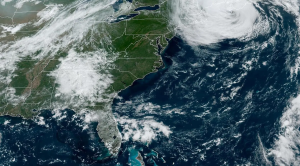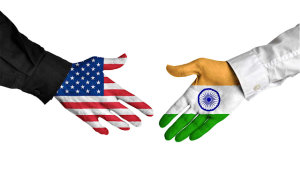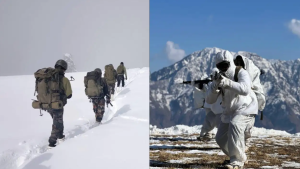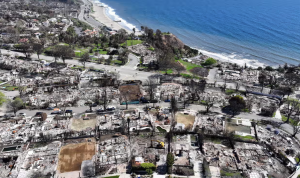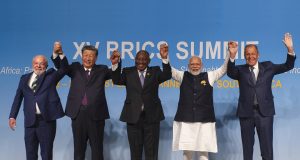
EU-China Summit To Strengthen Climate Multilateralism
Greenpeace is urging stronger climate cooperation between the EU and China ahead of COP30, proposing a China-EU Climate Pact to accelerate global climate action. The organization stresses that both sides must present ambitious new climate targets, scale up renewable energy, and phase out coal. Greenpeace argues that collaboration between two of the world’s largest markets is essential to counter climate denialism, strengthen multilateralism, and keep the 1.5°C goal alive. While the EU positions itself as a climate leader, Greenpeace warns its current targets fall short, calling on both China and Europe to demonstrate true leadership in the clean energy transition.



